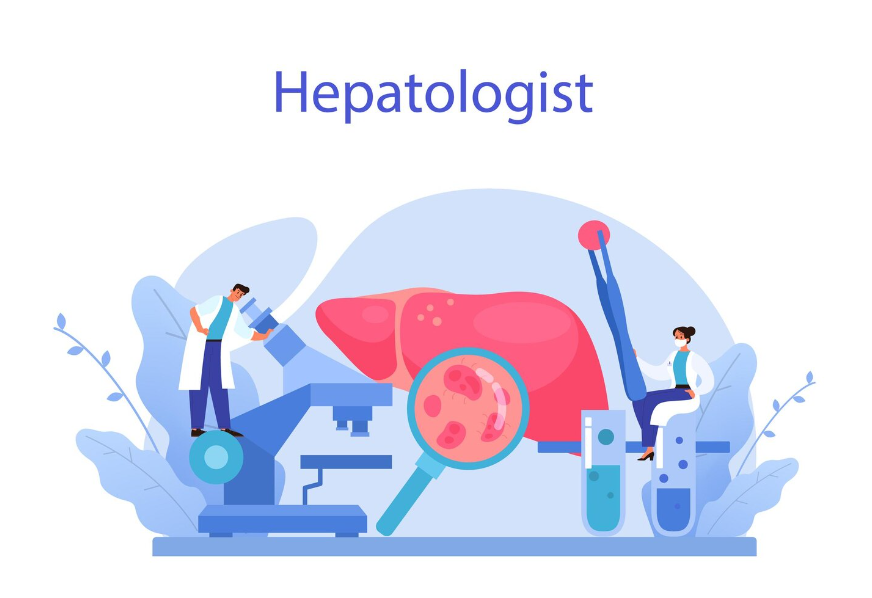
Latest Research and Innovations in Hepatitis Treatment
Introduction
Living with hepatitis can be challenging, but new advancements in treatment bring hope. Recent breakthroughs have improved how we manage the disease, making it possible to achieve better outcomes. In this blog, we will explore some of the innovations that are changing the way hepatitis is treated.
Direct-Acting Antiviral Drugs
One of the biggest breakthroughs in hepatitis treatment is the development of direct-acting antiviral drugs (DAAs). These drugs target the virus directly, leading to higher cure rates and shorter treatment durations. Compared to traditional therapies, DAAs are more effective and cause fewer side effects. This new treatment option has revolutionized hepatitis care.
Personalized Medicine
Researchers are focusing more on personalized medicine for hepatitis treatment. By studying genetic and molecular markers, doctors can customize treatment plans for each patient. This approach ensures treatments are more effective while reducing potential side effects. Personalized medicine is becoming a key part of hepatitis care and promises better outcomes for patients.
Combination Therapies
Combination therapies are another promising strategy in hepatitis treatment. This method uses multiple medications at the same time, each targeting the virus in different ways. By combining drugs, researchers hope to improve treatment results and prevent drug resistance. Combination therapies have the potential to enhance hepatitis care significantly.
Immunotherapy
Immunotherapy is a new approach to treating hepatitis. This method boosts the body’s immune system to fight the virus. By stimulating the immune response, researchers hope to reduce liver inflammation and slow disease progression. Immunotherapy could become a powerful addition to current hepatitis treatments.
Liver Transplantation
For those with advanced liver disease from hepatitis, liver transplantation remains a critical option. Thanks to advances in surgery, organ preservation, and immunosuppressive treatments, outcomes for liver transplant recipients have greatly improved. Research continues to find ways to make donor organs more available and improve transplant success rates.
Conclusion
Hepatitis treatment is evolving rapidly. Thanks to direct-acting antiviral drugs, personalized medicine, combination therapies, and immunotherapy, there is hope for better treatment options and improved quality of life for patients. The future of hepatitis care looks brighter than ever.
To seek medical advice, always consult a Doctor. Here are our recommended experts. Click here
To read more on Respiratory disease .

